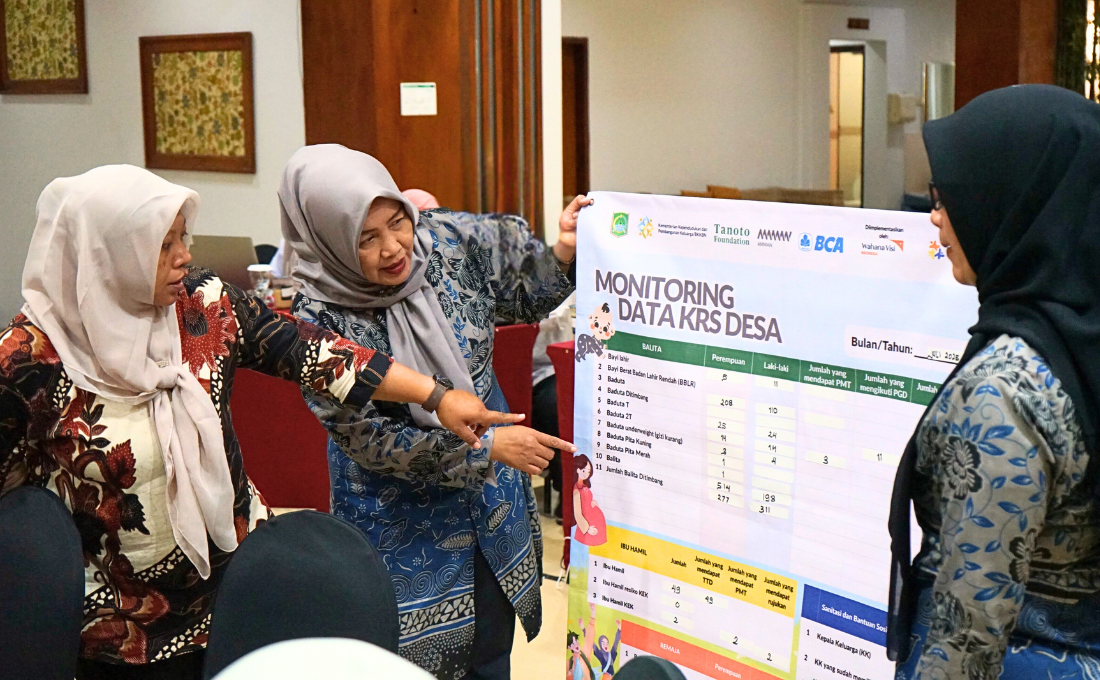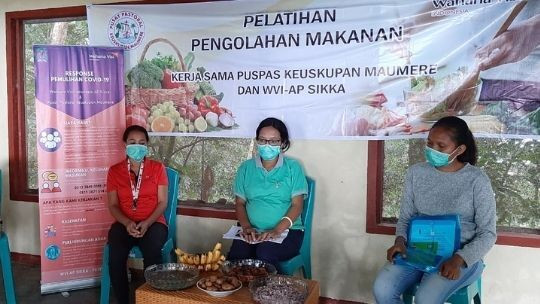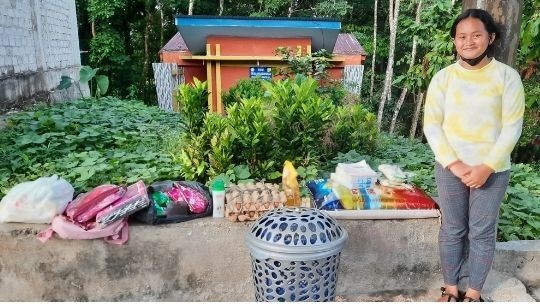TPPS Strengthens Data Management to Accelerate Stunting Reduction in Malang Regency

Tackling stunting at the village level now relies more than ever on accurate, easy-to-understand data. As part of ongoing efforts to accelerate stunting prevention and reduction, representatives from 29 villages in two sub-districts took part in a specialized training focused on improving stunting data management for Stunting Reduction Acceleration Team/Tim Percepatan Penurunan Stunting (TPPS)
The training brought together various stakeholders from both village and sub-district levels, including Village Secretaries, Family Assistance Teams/Tim Pendamping Keluarga (TPK), Human Development Cadres/Kader Pembangunan Manusia (KPM), health center staff, sub-district heads, and field officers from the National Population and Family Planning Board (BKKBN). The main objective was to equip participants with the knowledge and skills needed to use data effectively as a basis for more targeted decision-making in addressing stunting.
This initiative is part of the PASTI Program (Partners for the Acceleration of Stunting Reduction in Indonesia), a collaborative effort between BKKBN, Tanoto Foundation, PT Amman Mineral Nusa Tenggara (AMMAN), and PT Bank Central Asia Tbk. The program is implemented by Wahana Visi Indonesia and Yayasan Cipta, and aims to support the prevention and reduction of stunting, as well as improving nutritional status in Indonesia through January 2027.
One of the key achievements from this training is the development of village-level stunting data dashboards. These dashboards are now displayed in strategic locations such as village halls and health centers, allowing the community to monitor progress and take part in stunting reduction efforts.
Beyond improving transparency, the dashboards also enable village TPPS teams to identify high-risk families and prioritize interventions more effectively. Data is updated monthly through internal TPPS meetings, allowing for quicker and more timely support delivery.
While the training has shown positive results, some participants acknowledged ongoing challenges, particularly in data entry and standardization, and expressed a need for continued guidance. However, the benefits are already being felt. “This training has made it easier for us to present stunting data in the village and has boosted our confidence in running the program,” said one participant.
With improved data management capacity, village TPPS teams are now expected to play a more strategic role in coordinating stunting prevention efforts. The hope is that interventions become more effective and that stunting rates in Malang Regency can be significantly reduced. Most importantly, families in need will receive the appropriate care and support they deserve.
Author: PASTI project team



